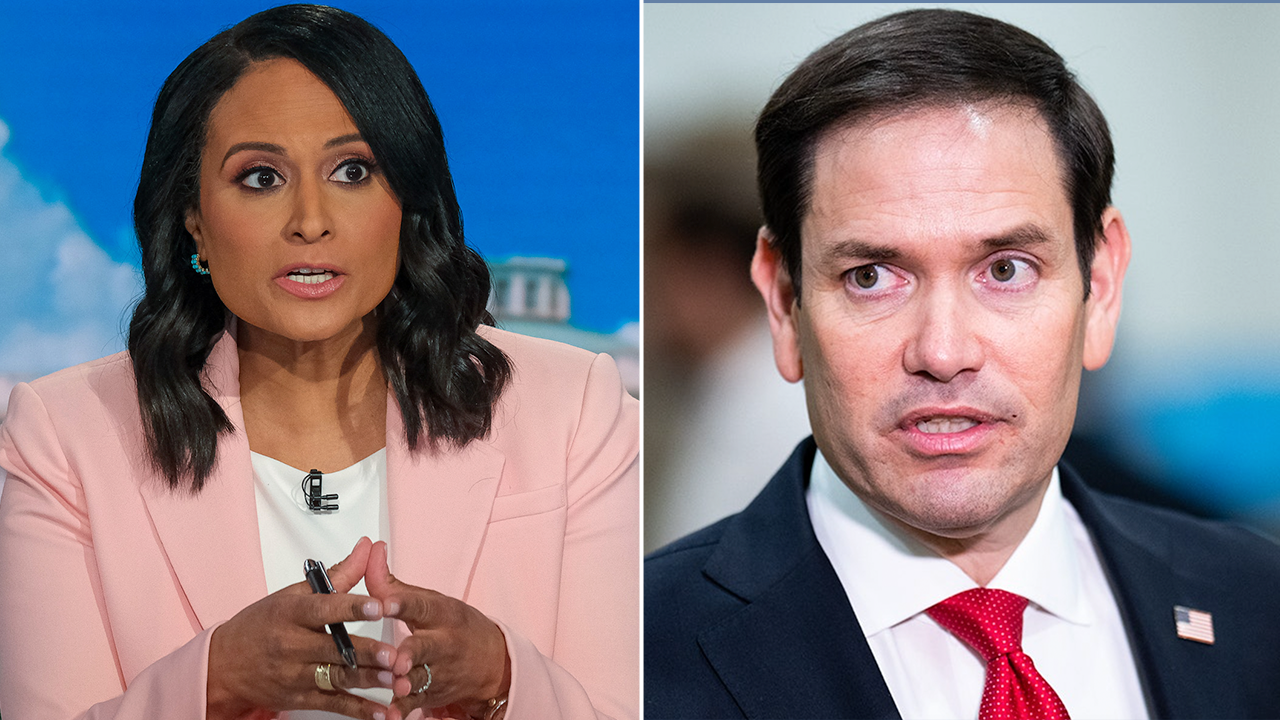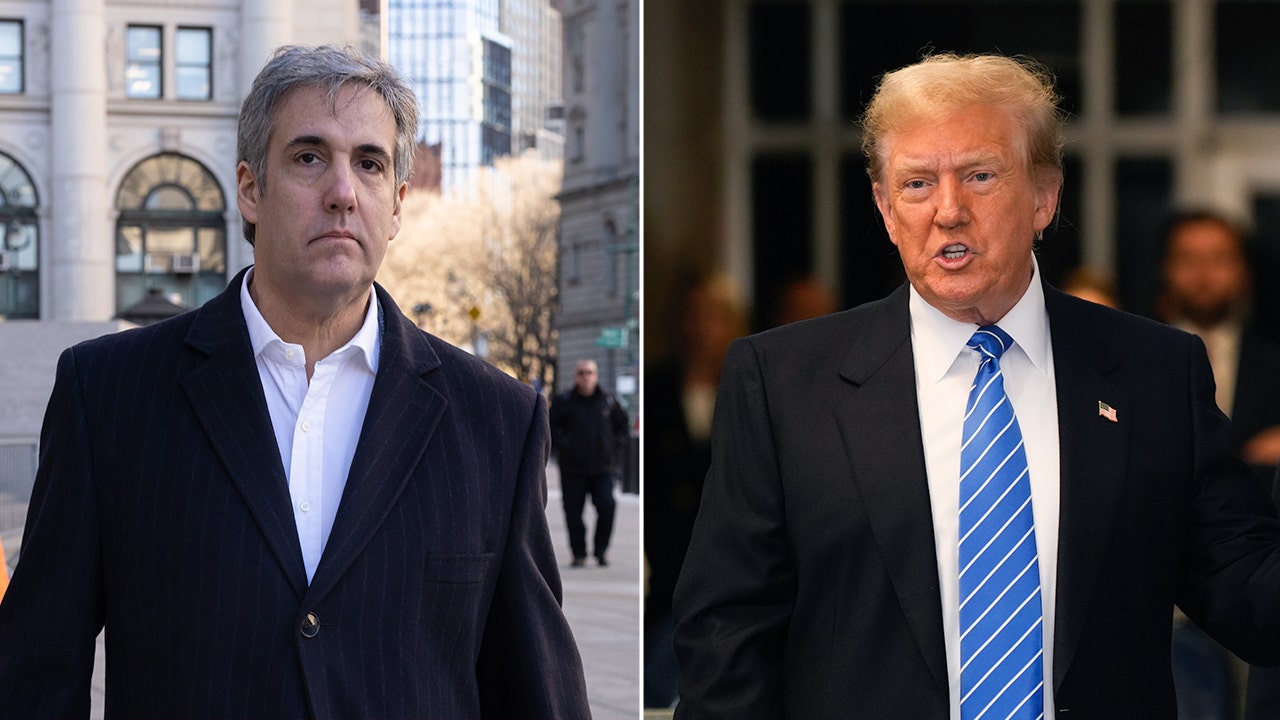Heineken, the world’s No. 2 brewer, already reported its first quarterly volume growth in over a year in the three months to end-March. Rival Carlsberg also reported higher volumes after several quarters of decline.
Anheuser-Busch InBev, meanwhile, reported a smaller-than-expected drop in volumes on Wednesday. Its sales have been hit hard by a boycott of key U.S. brand Bud Light, but the impact is now set to ease over a year after it started.
BUD LIGHT ANNIVERSARY
“Now we are past the anniversary of the Bud Light calamity, we expect organic volume and sales growth to improve,” James Edwardes Jones, analyst at RBC Capital, said of AB InBev, referring to a backlash from conservatives over a social media promotion with transgender influencer Dylan Mulvaney.
Analysts on average expect the brewer to see a 1% rise in volumes over the full year, according to a company-compiled consensus.
If AB InBev reports a return to volume growth in the second quarter, it will be its first since Q1 2023.
AB InBev CFO Fernando Tennenbaum said the company was already growing volumes in most of its markets, with only a handful driving the decline, including the United States.
Brewers will also be boosted by a summer of sport, including the Paris 2024 Olympics and the 2024 European Championship football tournament.
Alongside potentially less of the extreme weather that dented sales last year, these events should support volumes even in mature beer regions like western Europe, Carlsberg chief executive Jacob Aarup-Andersen told journalists at the company’s first-quarter results.
“We do expect positive volume growth going forward,” he continued, adding Carlsberg would also benefit from rising sales in growth markets in Asia in particular.
PRICE DOMINATED
Brewers’ revenue growth in recent years has largely been driven by price increases. Volumes have fallen or seen only slow growth.
The companies were forced to hike prices rapidly to cover rising costs for everything from barley to aluminum, hitting the amount of beer they sold.
Now, those cost increases are set to ease and price rises should slow.
“Price increases have dominated as a source of growth in the last two years… We’re now in a situation where we hopefully see volumes taking over as a revenue driver,” said Berndt Maisch, a fund manager at Carlsberg investor Tresides Asset Management.
Maisch and Siphelele Mdudu, investment analyst at AB InBev investor Matrix Fund Managers, said these changing trends will also help margins.
Higher volumes help margins because brewers are utilizing their capacity better, Maisch said. Even if brewers sell more of their lower priced beers, falling costs will help drive margin expansion, Mdudu added.
Overall, companies whose growth is based in price tend to be valued less highly by investors, Maisch continued. “We are, as investors, ready to pay higher multiples if we see volumes growing.”
© 2024 Thomson/Reuters. All rights reserved.
Read the full article here




